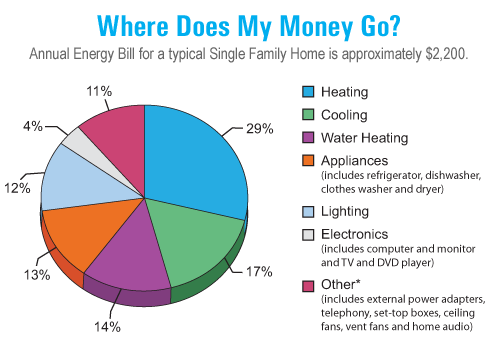![]() A recent study sponsored by TANDBERG and conducted by ipsos MORI revealed how some 16,000 consumers in 15 countries consider being green and how it affects their perceptions of their employers and the companies they do business with. Read the report.
A recent study sponsored by TANDBERG and conducted by ipsos MORI revealed how some 16,000 consumers in 15 countries consider being green and how it affects their perceptions of their employers and the companies they do business with. Read the report.
Result: Being green is good for a company. Employees want to work for a 'green' company. Customers want to buy from a 'green' company.
Excerpts from the executive summary:
- More than half said they would prefer to purchase products and services from a company with a good environmental reputation
- 80% believe that working for an environmentally ethical organization is important
- 24% believe that their individual action should be a key to driving environmental change
- 32% admitted that they have not yet taken personal action to reduce climate change
- Over half of respondents felt that government should take the lead in limiting the effects of climate change, with 47% percent citing national government and 11% citing international institutions as the key drivers in the environmental movement.
- Government policies, subsidies, and incentives that were rated the most likely to change corporate environmental behavior.
- Twelve percent of respondents felt that business/corporations should take the lead when it comes to limiting the effects of climate change.
The report also describes how consumers in each of the 15 countries compare on factors like perceptions of responsibility and green program features:
- More than any other nation, Australians and Canadians believe that individuals should take the lead in limiting the effects of climate change.
- Japanese respondents, in particular felt that recycling programs, environmentally friendly business materials and water/waste/emissions reductions are the most effective initiatives for their workplaces.
- The Chinese respondents in particular, felt that travel reduction and work at home programs as most effective initiatives for their workplaces.
There are also generational comparisons: 37% of the 24 and under crowd believe that it's up to the individual, while 51% of 35-44 year olds thought it was up to the national government.











